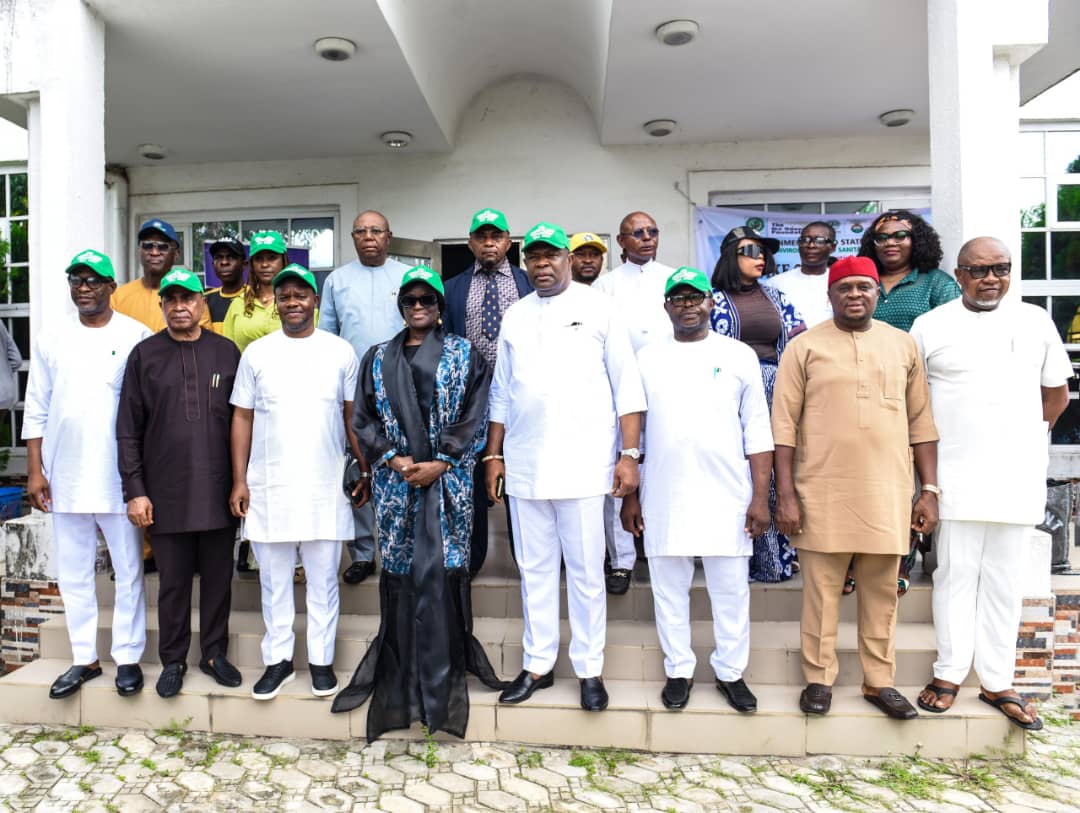Broken sewer lines, refuse dumping threaten health in Wuse
By Tosin Kolade
Residents of Wuse Zone 6 District in the FCT have raised concern over broken sewer lines, overflowing refuse and persistent leakages from water pipes across several streets.
They warned that these issues could worsen pollution and pose serious health hazards.
The News Agency of Nigeria (NAN) reports that damaged pipelines and blocked drains have created stagnant pools of foul-smelling water, contaminating the environment.
The affected streets include Mabondo Street by Mbabane, Asmara Street by Glo Mast, Lusaka Street, Rabat Street near the police post, and Cotonou Crescent.
Some residents told NAN on Tuesday that the situation had persisted for months in spite repeated complaints to relevant authorities.
Mr Chukwuma Nwafor, a resident, said the leakages had disrupted business and damaged access roads.
“Water keeps spilling onto the streets, and the smell is terrible. It is affecting businesses and putting our health at risk,” he said.
Mrs Halima Suleiman, another resident, noted that the stagnant water had become a breeding ground for mosquitoes, raising fears of malaria and water-borne diseases.
“We are worried about the pollution. Children play around here, and the water is clearly contaminated. The authorities should urgently fix these pipes,” she said.
Mr Olusola Matthew, a retired civil servant, described the situation as shameful and called for stronger accountability.
“It’s such a big shame. We can’t drink or wash with the water coming out of the taps.
“The odour is unbearable. In addition to the Water Board, AEPB management ought to be on top of their responsibilities,” he said.
Matthew also appealed to residents to dispose of their refuse responsibly while waiting for government intervention.
“It takes only a little effort to help ourselves by keeping our environment clean,” he added.
He appealed to the FCT Administration to take urgent steps to repair damaged pipelines, ensure rapid response to faults, and strengthen oversight.
He said doing so would improve access to safe water and restore confidence in the city’s infrastructure management.
NAN recalls that the FCT Water Board is responsible for water supply infrastructure, while the Abuja Environmental Protection Board (AEPB) oversees sanitation.
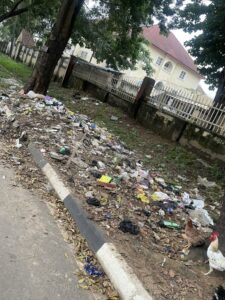 However, Abuja continues to face water challenges linked to ageing pipelines, weak maintenance culture and rapid urbanisation.
However, Abuja continues to face water challenges linked to ageing pipelines, weak maintenance culture and rapid urbanisation.
Experts note that much of the piping network in central districts such as Wuse, Garki and Maitama was laid decades ago and has suffered repeated bursts from corrosion, pressure and overuse.
“Once these pipes break, potable water gets contaminated as sewage and solid waste seep into the lines. This poses a direct threat to health,” said Dr Amina Danjuma, a water resources consultant.
She added that leakages also drive high levels of non-revenue water (treated water lost before reaching consumers).
“According to the FCT Water Board’s 2023 operational report, Abuja loses nearly 38 per cent of its treated water to leakages, illegal connections and poor metering.
“This is far above the global benchmark of 20 per cent set by the International Water Association,” Danjuma said.
A public health specialist, Dr Ibrahim Oladipo of the University of Abuja Teaching Hospital, warned that the situation in Wuse Zone 6 could heighten the risk of cholera and diarrhoeal outbreaks.
“When potable water pipes are broken and exposed, contamination with faecal matter is highly likely. This is how cholera spreads rapidly, especially in densely populated districts,” he said.
He recalled that the FCT was among the worst affected during Nigeria’s 2021 cholera outbreak, which recorded more than 111,000 suspected cases and 3,604 deaths nationwide, according to the Nigeria Centre for Disease Control (NCDC).
“Abuja alone recorded over 800 suspected cases with more than 60 deaths in that outbreak. It shows how dangerous poor water and sanitation conditions can be,” he added.
Oladipo warned that with sporadic cholera cases still being reported in 2025, Abuja could not afford to let its urban water system deteriorate further.
NAN reports that Abuja currently produces about 210 million litres of water daily, against an estimated demand of more than 350 million litres for its population of over three million.
Experts say this demand-supply gap, worsened by leakages and theft, forces many communities to depend on boreholes, vendors and sachet water.
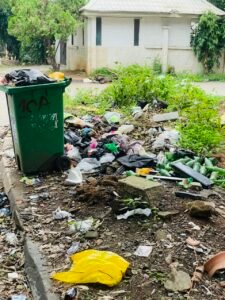 Responding to concerns about refuse heaps, the Director-General of the AEPB, Mr Osilama Braimah, said the problem was largely driven by informal settlements.
Responding to concerns about refuse heaps, the Director-General of the AEPB, Mr Osilama Braimah, said the problem was largely driven by informal settlements.
According to him, the indiscriminate dumping of waste by residents contributes to sewer blockages and sanitary sewer overflows, leading to infrastructure damage.
He explained that areas such as Mabushi, Garki, Jabi and Gwarinpa lacked proper roads, waste bins and planned layouts, making it impossible for compacting trucks to gain access.
He said residents therefore dumped waste along major roads, which the board cleared every two weeks at a cost of between N8 million and N12 million.
Braimah described the practice as unsustainable, noting that it relied on heavy-duty equipment not designed for municipal waste.
He added that efforts to create dumping sites within the communities had failed, as available land was already built up.
Braimah warned that unplanned settlements fuel environmental and health risks, stressing that the long-term solution lay in resettling communities into properly serviced areas.
Public health experts argue that poor coordination between the FCT Water Board and sanitation authorities worsens the hazards.
Stagnant water from broken pipes doubles as a breeding ground for mosquitoes and increases the spread of diarrhoeal diseases.
Civil society groups have also called for the Abuja Master Plan on water and sanitation to be updated, urging investment in modern water facilities to match the city’s growth.
According to the WHO-UNICEF Joint Monitoring Programme, Nigeria needs to quadruple its sanitation coverage to meet the 2030 SDGs for Water, Sanitation, and Hygiene (WASH) needs. (NAN)
Edited by Abiemwense Moru



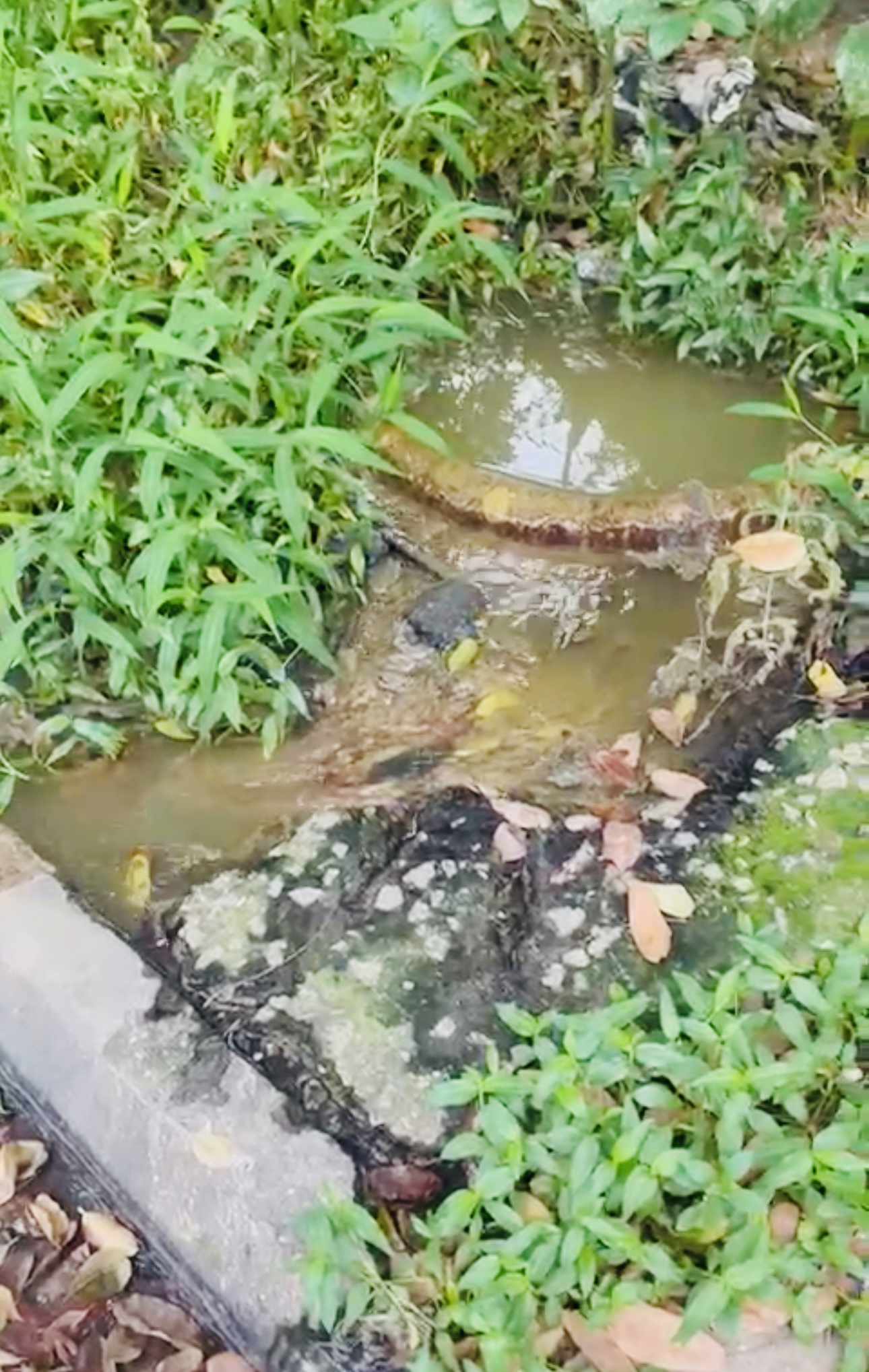
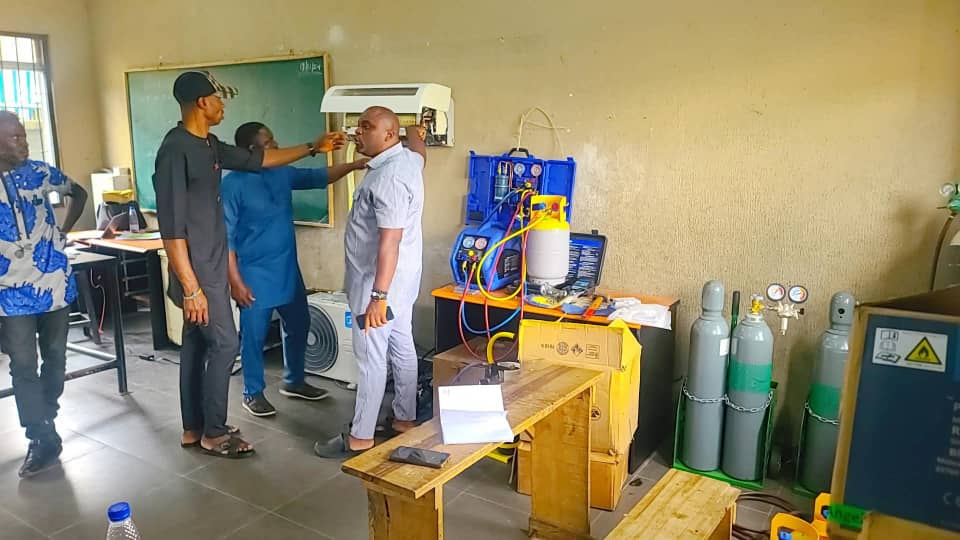


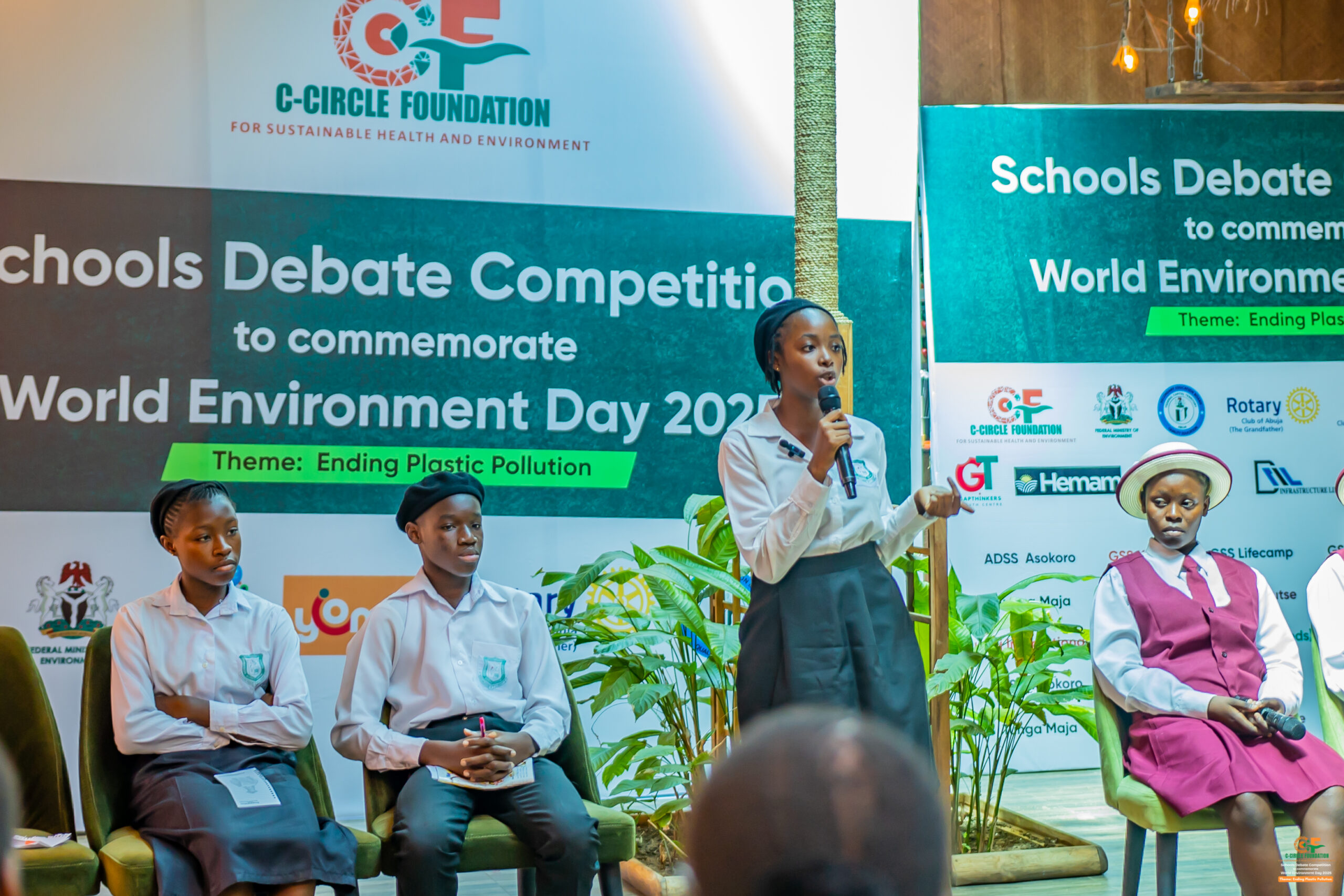
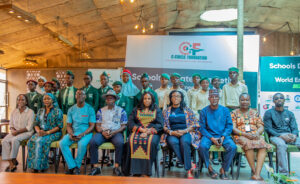 In Abuja, the debate was held on June 4, with support from the Rotary Club of Abuja (The Grandfathers Club) and the Rotary Club of Abuja, Wuse II, GenU by UNICEF and others.
In Abuja, the debate was held on June 4, with support from the Rotary Club of Abuja (The Grandfathers Club) and the Rotary Club of Abuja, Wuse II, GenU by UNICEF and others.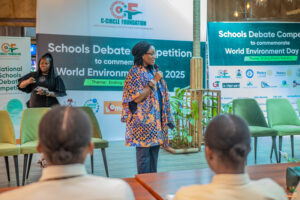 She called on development partners, the private sector, government agencies, and philanthropic foundations to support the initiative to expand its reach and deepen its impact.
She called on development partners, the private sector, government agencies, and philanthropic foundations to support the initiative to expand its reach and deepen its impact.